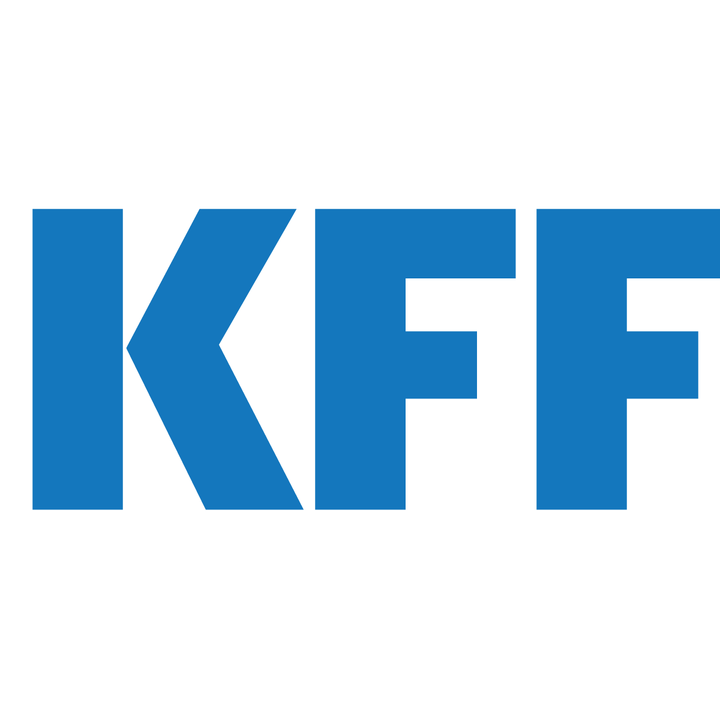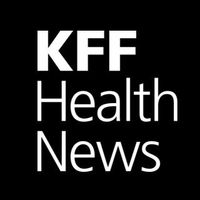The Silent Struggle: Farmworkers and Opioid Settlement Decisions
August 30, 2024, 10:53 pm

Location: United States, California, San Francisco
Employees: 201-500
Founded date: 1991

Location: United States, District of Columbia, Washington
Employees: 51-200
Founded date: 2009
In the heart of America, two crises unfold. One is the silent struggle of farmworkers facing health risks from bird flu. The other is the opioid epidemic, where settlement funds meant for healing are often decided behind closed doors. Both issues highlight a glaring absence of voices that matter most: those of the workers and communities directly affected.
Farmworkers in Colorado are on the front lines of a health crisis. They tend to sick cows, often with little more than gloves for protection. The bird flu has crept into dairy farms, and the threat is real. Yet, many farms remain unprepared. Less than 13% of dairies have requested protective equipment. This negligence puts workers at risk. They are the unseen heroes, battling illness in the heat of summer, often without adequate safety measures.
The Centers for Disease Control and Prevention (CDC) recommends that dairy workers wear respirators and goggles. But many workers report that their employers provide only basic gloves. This is a dangerous oversight. The virus can infect not just cows but also humans. It’s a ticking time bomb, and the workers are the ones left holding the bag.
In Weld County, a dairy worker shared his fears. He works with sick cows but has no protective gear. His employer has been silent about the risks. He bought his own goggles when his eyes became irritated. He felt dizzy and unwell but pushed through. The fear of losing his job loomed larger than his health. This is a common story among farmworkers. They endure grueling conditions, often without the safety net they deserve.
The situation is compounded by a lack of testing and awareness. Many infected cows show no symptoms. Workers may unknowingly interact with contagious animals. The potential for a new strain of flu to emerge is alarming. Public health officials are on edge. The stakes are high, and the response has been slow.
Meanwhile, in another corner of the country, the opioid crisis rages on. Settlement funds from pharmaceutical companies are intended to heal communities ravaged by addiction. Yet, the voices of those most affected are often silenced. Councils made up of government officials and clinicians decide how to allocate these funds. In many cases, the public is barred from participating in these discussions.
A recent survey revealed that in at least 39 states, public voices are routinely ignored. Councils often conduct meetings in secret, leaving the very people who suffer from addiction out of the conversation. This is a disservice to communities that need healing. The opioid crisis has claimed over 100,000 lives annually. Yet, those who have lost loved ones or are battling addiction themselves are left outside the decision-making room.
In Pennsylvania, the opioid settlement board has the power to withhold funding if it disapproves of local spending. This has led to frustration among community members. They feel their needs are overlooked. The board’s decision to reject funding for community initiatives felt like a slap in the face. Residents are left to wonder who truly benefits from these settlements.
The contrast between states is stark. In Tennessee, public participation is encouraged. Community members share their stories, shaping the conversation around funding. This approach fosters accountability. It ensures that the needs of those affected are front and center. Other states could learn from this model. Engaging the public leads to better decisions and more effective use of funds.
The opioid crisis and the plight of farmworkers are interconnected. Both issues reflect a broader systemic failure. In both cases, the most vulnerable populations are left to fend for themselves. The voices of farmworkers and those affected by addiction must be amplified. They are the ones who understand the nuances of their struggles. Their insights can guide more effective solutions.
Organizations like Project Protect Food Systems Workers are stepping in to fill the gaps. They distribute personal protective equipment to farmworkers, ensuring that safety measures are in place. This grassroots effort is crucial. It highlights the importance of community-driven solutions in times of crisis.
Similarly, advocates for opioid settlement funds are pushing for more transparency. They demand that councils open their doors to public comment. The need for community involvement is clear. Healing cannot happen in a vacuum. It requires collaboration and understanding.
As the bird flu continues to pose a threat to farmworkers, and the opioid crisis claims more lives, the call for action grows louder. The health and safety of workers must be prioritized. The voices of those affected by addiction must be heard. It’s time to break the silence. It’s time to ensure that the people who are most impacted have a seat at the table.
In the end, both crises reveal a fundamental truth: the importance of listening. Listening to the stories of farmworkers. Listening to the experiences of those affected by addiction. Their voices are not just important; they are essential. Only by acknowledging their struggles can we hope to create meaningful change. The road ahead is long, but it begins with a single step: opening the door to dialogue and understanding.
Farmworkers in Colorado are on the front lines of a health crisis. They tend to sick cows, often with little more than gloves for protection. The bird flu has crept into dairy farms, and the threat is real. Yet, many farms remain unprepared. Less than 13% of dairies have requested protective equipment. This negligence puts workers at risk. They are the unseen heroes, battling illness in the heat of summer, often without adequate safety measures.
The Centers for Disease Control and Prevention (CDC) recommends that dairy workers wear respirators and goggles. But many workers report that their employers provide only basic gloves. This is a dangerous oversight. The virus can infect not just cows but also humans. It’s a ticking time bomb, and the workers are the ones left holding the bag.
In Weld County, a dairy worker shared his fears. He works with sick cows but has no protective gear. His employer has been silent about the risks. He bought his own goggles when his eyes became irritated. He felt dizzy and unwell but pushed through. The fear of losing his job loomed larger than his health. This is a common story among farmworkers. They endure grueling conditions, often without the safety net they deserve.
The situation is compounded by a lack of testing and awareness. Many infected cows show no symptoms. Workers may unknowingly interact with contagious animals. The potential for a new strain of flu to emerge is alarming. Public health officials are on edge. The stakes are high, and the response has been slow.
Meanwhile, in another corner of the country, the opioid crisis rages on. Settlement funds from pharmaceutical companies are intended to heal communities ravaged by addiction. Yet, the voices of those most affected are often silenced. Councils made up of government officials and clinicians decide how to allocate these funds. In many cases, the public is barred from participating in these discussions.
A recent survey revealed that in at least 39 states, public voices are routinely ignored. Councils often conduct meetings in secret, leaving the very people who suffer from addiction out of the conversation. This is a disservice to communities that need healing. The opioid crisis has claimed over 100,000 lives annually. Yet, those who have lost loved ones or are battling addiction themselves are left outside the decision-making room.
In Pennsylvania, the opioid settlement board has the power to withhold funding if it disapproves of local spending. This has led to frustration among community members. They feel their needs are overlooked. The board’s decision to reject funding for community initiatives felt like a slap in the face. Residents are left to wonder who truly benefits from these settlements.
The contrast between states is stark. In Tennessee, public participation is encouraged. Community members share their stories, shaping the conversation around funding. This approach fosters accountability. It ensures that the needs of those affected are front and center. Other states could learn from this model. Engaging the public leads to better decisions and more effective use of funds.
The opioid crisis and the plight of farmworkers are interconnected. Both issues reflect a broader systemic failure. In both cases, the most vulnerable populations are left to fend for themselves. The voices of farmworkers and those affected by addiction must be amplified. They are the ones who understand the nuances of their struggles. Their insights can guide more effective solutions.
Organizations like Project Protect Food Systems Workers are stepping in to fill the gaps. They distribute personal protective equipment to farmworkers, ensuring that safety measures are in place. This grassroots effort is crucial. It highlights the importance of community-driven solutions in times of crisis.
Similarly, advocates for opioid settlement funds are pushing for more transparency. They demand that councils open their doors to public comment. The need for community involvement is clear. Healing cannot happen in a vacuum. It requires collaboration and understanding.
As the bird flu continues to pose a threat to farmworkers, and the opioid crisis claims more lives, the call for action grows louder. The health and safety of workers must be prioritized. The voices of those affected by addiction must be heard. It’s time to break the silence. It’s time to ensure that the people who are most impacted have a seat at the table.
In the end, both crises reveal a fundamental truth: the importance of listening. Listening to the stories of farmworkers. Listening to the experiences of those affected by addiction. Their voices are not just important; they are essential. Only by acknowledging their struggles can we hope to create meaningful change. The road ahead is long, but it begins with a single step: opening the door to dialogue and understanding.